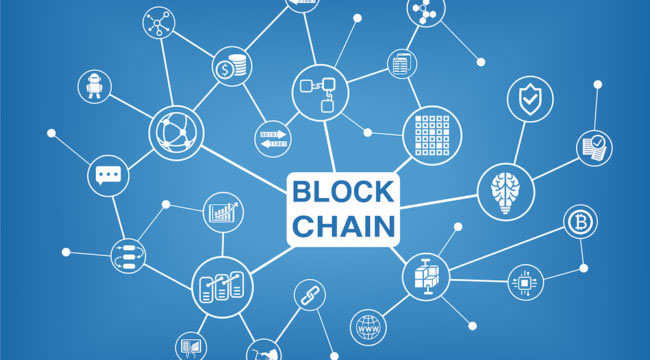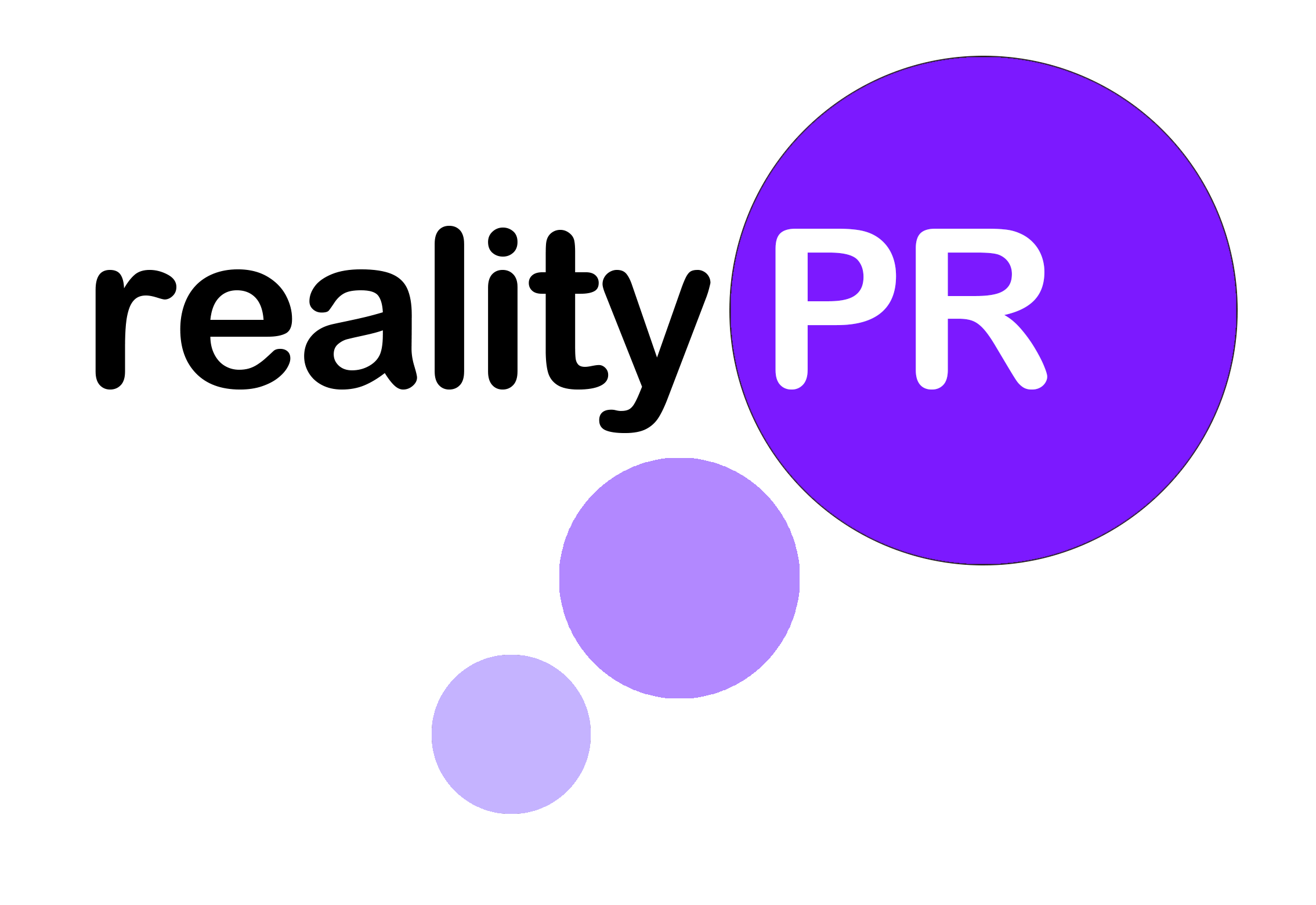Blockchain - What is it? Why is everyone talking about it and why should you care?
If you’ve read anything about blockchain, chances are you’ve read that it’s the database that’s beneath cryptocurrencies like Bitcoin and Ethereum. That’s good and it’s a start but it’s the tip of the iceberg.
If experts are to be believed, blockchain is probably going to play a crucial role in every industry you can think of. Businesses are already exploring how they can cash in on blockchain’s technology’s ability to enable a trustless consensus to validate transactions.
I’ll explain.
Financial transactions are typically guaranteed by a trusted third party (PayPal for example). Blockchain can be used to automate that process so there would be no need for the middleman anymore. Instead, they would be replaced by smart contracts acting as trusted intermediaries between parties on the network. Result? Costs are reduced.
Many industry experts consider blockchain to become a decentralised, global distributed digital ledger of things for everything from tracking travel to managing identities.
How blockchain works
Anders Brownworth, an expert on blockchain, illustrates the technology by explaining it as “a giant spreadsheet for registering all assets”.
It can create a chain of sequential information which is then verified through activity across a network of participants. This process works in conjunction with digital signatures to prove identity, authenticity and enforce data access rights.
These “spreadsheets” are shared to every validator on the network creating a distributed system where each device can access the transaction data and make additions to the distributed ledger, which is then shared with everyone in real time (a bit like Google Docs),
Who’s interested in blockchain?
Blockchain would mean that every agreement, every process, every task, and every payment made anywhere would have a digital record and signature that could be identified, stored and shared. In the future we may not have a need for solicitors, brokers, and bankers as individuals, organisations and machines, freely transact and interact with one another.
Who could have a use for it?
Everyone. At the moment the medical industry is looking into a purpose for the technology in storing and sharing patient/doctor data throughout healthcare ecosystems.
The travel industry is exploring how it can be used. In the future, a blockchain company could potentially replace Airbnb and Uber as intermediaries.
With the adoption of cryptocurrencies, the financial industry is also eyeing an upgrade. Financial exchanges could happen automatically without human intervention.
Founded by AI researcher Ben Goertzel, ‘Aidyia‘ is one example. Based out of Hong Kong, the company can trade US equities on Wall Street as a fully autonomous hedge fund with no humans in the mix by using AI to process, learn and adapt models for price prediction.
“If we all die,” says Goertzel, “it would keep trading.”
Comfort indeed as the last man standing digs his way out of the rubble.
Blockchain is also being considered for managing access rights to assets in situations where people are sharing a car or other piece of property. They could be linked up to a blockchain network that authorizes someone’s use after the owner receives a payment.
Is it secure and is it scalable?
Yes apparently but that, my friends, will be for another blog.

